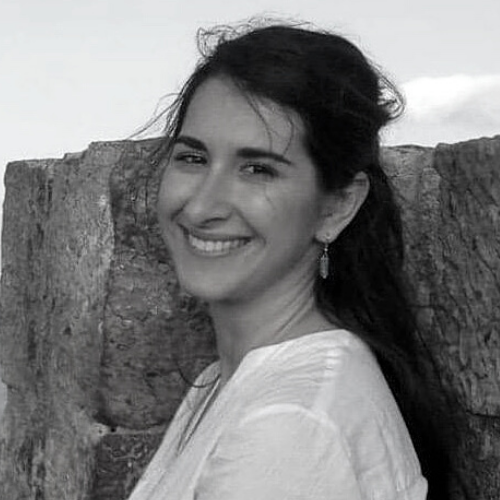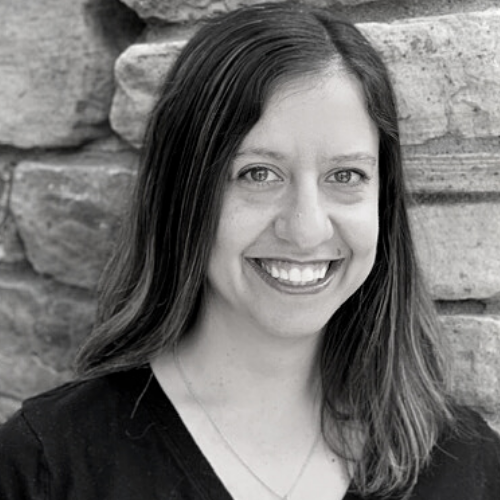Liberal Arts Level 4: Children's Classics
Required Materials:
Books and supplies are not included in the purchase of the course.
Rotation B: 2024-2025
- My Side of the Mountain (Jean Craighead George)
- The Wind in the Willows (Kenneth Grahame)
- The Illustrated Our Young Folks’ Josephus (William Shepard)
- Alice in Wonderland (Lewis Carroll)
- The Hobbit (J.R.R. Tolkien)
- Peter Pan (J.M. Barrie)
- Call of the Wild (Jack London)
- The Endless Steppe (Esther Hautzig)
- The Story of the Greeks (H.A. Guerber)
- The Jungle Books (Rudyard Kipling)
- The Art of the Personal Letter (Margaret Shepherd)
- Two composition notebooks (one for a reading journal and one for Interactive Student Notebook)
For Future Reference
Rotation A: 2025-2026
- Where the Red Fern Grows (Rawls)
- The Aeneid for Boys and Girls (Church)
- The Story of the Romans (Guerber)
- The Little Prince translated (Woods)
- Archimedes and the Door of Science (Bendick)
- A Christmas Carol (Dickens)
- The Tree Book for Kids and Their Grown-Ups (Gina Ingoglia)
- The Princess and the Goblin (MacDonald)
- Galen and the Gateway to Medicine (Bendick)
- The Story of the Roman (Guerber)
- Keeper of the Light: St. Macrina the Elder (Cooke)
- The Story of King Arthur and His Knights (Pyle)
- The Story of Rolf and the Viking Bow (French)
- Two composition notebooks (one for a reading journal and one for Interactive Student Notebook)

Milica Savic
[email protected]Milica Savic was born in Belgrade, Serbia. At the age of six she immigrated to the United States with her parents and younger brother. Growing up in south Florida, and visiting her family in Serbia every summer, grew her love for travel, culture, history, and learning. When deciding on a track in college, she chose International Relations as it blended many of her interests and life experiences. Upon graduating from the University of Central Florida, she took a teaching position at Paideia Classical Academy in Coconut Creek, Florida. She started out as a teacher’s assistant, and the following year, she was offered her own class. Milica taught the first and second grade levels for two years. She also has experience as the Administrative Assistant in the Missionary Department for the Orthodox Christian Mission Center in St. Augustine, Florida. This is her second year with Scholé/SRS, and her second year teaching Level 4 Liberal Arts, Children’s Literature. Currently, Milica lives in Belgrade with her husband Stefan and daughter Danica. [email protected]

Sarah Wolf
[email protected]Sarah Wolf has been teaching for over 15 years. She holds a BA in 7-12 English and History Education and an MA in Secondary Curriculum and Instruction from the University of Nebraska at Kearney. Throughout her career, Sarah has taught writing, literature, speaking, and music to both middle and high school students. Sarah offers her students a passion for studying literature, history, poetry, music, and nature, and looks forward to helping them learn, grow, and reflect on “the good, the true, and the beautiful” in everything. In addition to teaching, Sarah is blessed to serve as Youth Ministry Coordinator and chanter at St. George Orthodox Church in Kearney, Nebraska. She also loves spoiling her three young nieces, reading, writing, gardening, coffee and conversation with friends, and volunteering at her church.
![]() Computer: You will
need a stable, reliable computer, running with a processor with a speed of 1 GHz or better
on one of the following operating systems: Mac OS X with Mac OS 10.7 or later; Windows 8,
7, Vista (with SP1 or later), or XP (with SP3 or later). We do not recommend using an
iPad or other tablet for joining classes. An inexpensive laptop or netbook would be much
better solutions, as they enable you to plug an Ethernet cable directly into your computer.
Please note that Chromebooks are allowed but not preferred, as they do not support certain
features of the Zoom video conference software such as breakout sessions and annotation,
which may be used by our teachers for class activities.
Computer: You will
need a stable, reliable computer, running with a processor with a speed of 1 GHz or better
on one of the following operating systems: Mac OS X with Mac OS 10.7 or later; Windows 8,
7, Vista (with SP1 or later), or XP (with SP3 or later). We do not recommend using an
iPad or other tablet for joining classes. An inexpensive laptop or netbook would be much
better solutions, as they enable you to plug an Ethernet cable directly into your computer.
Please note that Chromebooks are allowed but not preferred, as they do not support certain
features of the Zoom video conference software such as breakout sessions and annotation,
which may be used by our teachers for class activities.
![]() High-Speed Internet Connection:
You will also need access to high-speed Internet, preferably accessible via Ethernet
cable right into your computer. Using Wi-Fi may work, but will not guarantee you the optimal
use of your bandwidth. The faster your Internet, the better. We recommend using a connection
with a download/upload speed of 5/1 Mbps or better. You can test your Internet connection here.
High-Speed Internet Connection:
You will also need access to high-speed Internet, preferably accessible via Ethernet
cable right into your computer. Using Wi-Fi may work, but will not guarantee you the optimal
use of your bandwidth. The faster your Internet, the better. We recommend using a connection
with a download/upload speed of 5/1 Mbps or better. You can test your Internet connection here.
![]() Webcam: You may
use an external webcam or one that is built in to the computer. Webcam Recommendations:
Good (PC only) | Best (Mac and PC)
Webcam: You may
use an external webcam or one that is built in to the computer. Webcam Recommendations:
Good (PC only) | Best (Mac and PC)
![]() Headset: We recommend
using a headset rather than a built-in microphone and speakers. Using a headset reduces the
level of background noise heard by the entire class. Headset Recommendations: USB | 3.5mm
Headset: We recommend
using a headset rather than a built-in microphone and speakers. Using a headset reduces the
level of background noise heard by the entire class. Headset Recommendations: USB | 3.5mm
![]() Zoom: We use a web
conferencing software called Zoom for our classes, which enables students and teachers to
gather from around the globe face to face in real time. Zoom is free to download and easy
to use.
Zoom: We use a web
conferencing software called Zoom for our classes, which enables students and teachers to
gather from around the globe face to face in real time. Zoom is free to download and easy
to use.  To
download Zoom:
To
download Zoom:
- Visit zoom.us/download.
- Click to download the first option listed, Zoom Client for Meetings.
- Open and run the installer on your computer.
- In August, students will be provided with instructions and a link for joining their particular class.
![]() Scanner: In this
class, students frequently submit homework assignments by scanning pages from their workbooks.
Students and/or their parents should have easy access to a scanner and the ability to use it.
Scanner: In this
class, students frequently submit homework assignments by scanning pages from their workbooks.
Students and/or their parents should have easy access to a scanner and the ability to use it.
Step 1
Step 2
Step 3
Step 4
Explore our courses!
First, read the available course descriptions, noting prerequisites, target grades, and course objectives. If you think your student is prepared for the course, go ahead and register. After registration, a placement assessment may be provided to students, depending on the course and the student’s previous enrollment with Scholé Academy. Registration is finalized when the student’s placement assessment has been returned by the course instructor with placement confirmation.
All Courses | By Grade
Read the Student-Parent Handbook.
Please take careful note of our teaching philosophy, our technology requirements, our school policies, the parent agreement, and the distinctions between our grade levels.
Double-check the course section dates and times.
Make sure they don't conflict with other activities in your schedule or other courses you are purchasing. Our system will not catch double-bookings!
You're ready to add course selections to your cart!
Our Assistant to the Principal will be in touch with you after your enrollment to help you with next steps, including any placement evaluations that may be required for your course selections.
This registration will be finalized when the student's placement assessment has been returned by the course instructor with placement confirmation.
